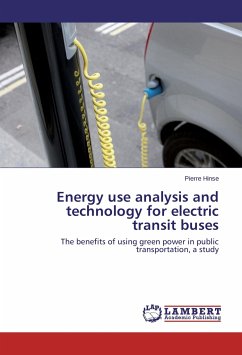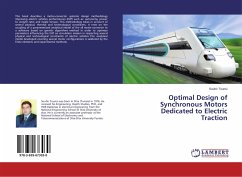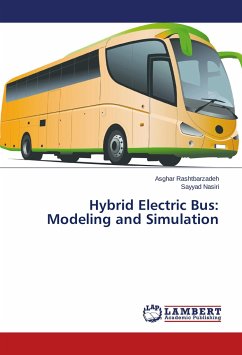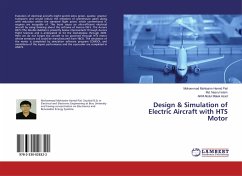Electric vehicles offer a method of transportation where the energy generation process is moved from the on-board engine to the electrical generation system. The Canadian electrical generation mix has a significant portion of low carbon and renewable sources. This low environmental impact source of energy is then transferred to electric vehicles when they are charged from the grid. This thesis analyses the energy flow for such electric vehicles, particularly buses. Battery systems and charger technology, core to the vehicle operations, are examined; looking at energy flow from plug to wheels. Field data collected from on-board recordings and simultaneous GPS signals were used to develop a new predictive model for an electric bus. The mathematical model for the electric bus was then compared with a similar sized diesel engine vehicle model using the Powertrain System Analysis Toolkit (PSAT). The operational energy cost of the electric bus is contrasted with a similarly sized Compression Ignition (CI) engine bus and was found to be very favourable. Also cost effective battery system upgrades to the present system were analyzed for improved return on investment.
Bitte wählen Sie Ihr Anliegen aus.
Rechnungen
Retourenschein anfordern
Bestellstatus
Storno








